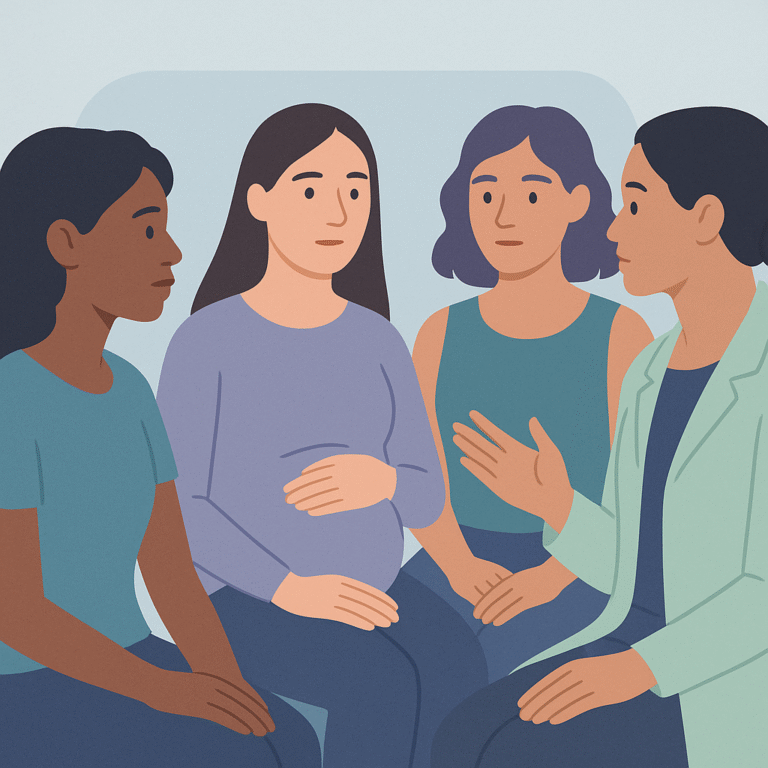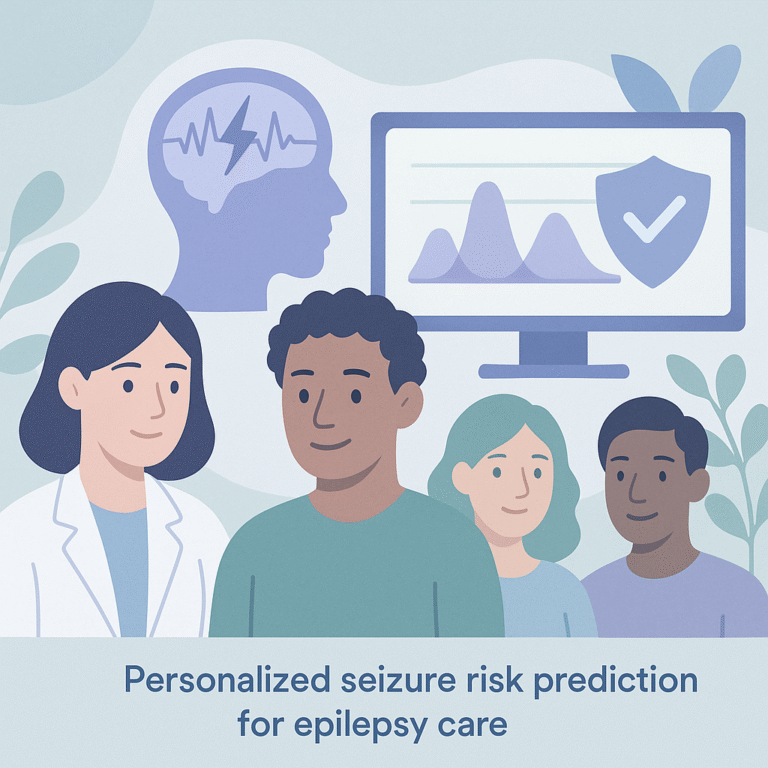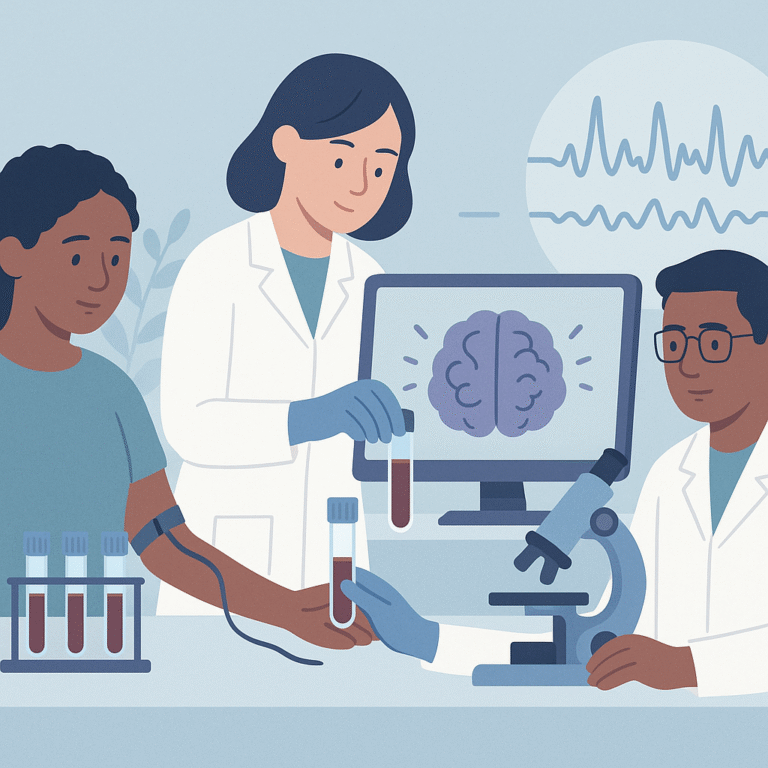ARBs May Help Prevent Epilepsy After Stroke
Source: Seizure
Summary
Researchers studied the effects of different blood pressure medications on the risk of developing epilepsy in patients who had an ischemic stroke and also had high blood pressure. The study included 528 patients, mostly older adults with an average age of about 71. They were monitored for about two years after their stroke to see if they developed post-stroke epilepsy (PSE).
The key finding was that patients who were treated with angiotensin receptor blockers (ARBs) had a lower risk of developing PSE compared to those who used other types of blood pressure medications, like calcium channel blockers and beta-blockers. Specifically, only 7.2% of the patients developed PSE, and those on ARBs showed a significant reduction in risk both before and after their stroke. Other factors, such as certain types of brain lesions, were linked to a higher risk of PSE.
This study is important because it suggests that ARBs might help protect against epilepsy in patients who have had a stroke and have high blood pressure. However, it is worth noting that this was an observational study, which means it can show associations but not prove cause and effect. Further research is needed to confirm these findings and explore the potential benefits of ARBs in preventing epilepsy after a stroke.
Free: Seizure First Aid Quick Guide (PDF)
Plus one plain-language weekly digest of new epilepsy research.
Unsubscribe anytime. No medical advice.





